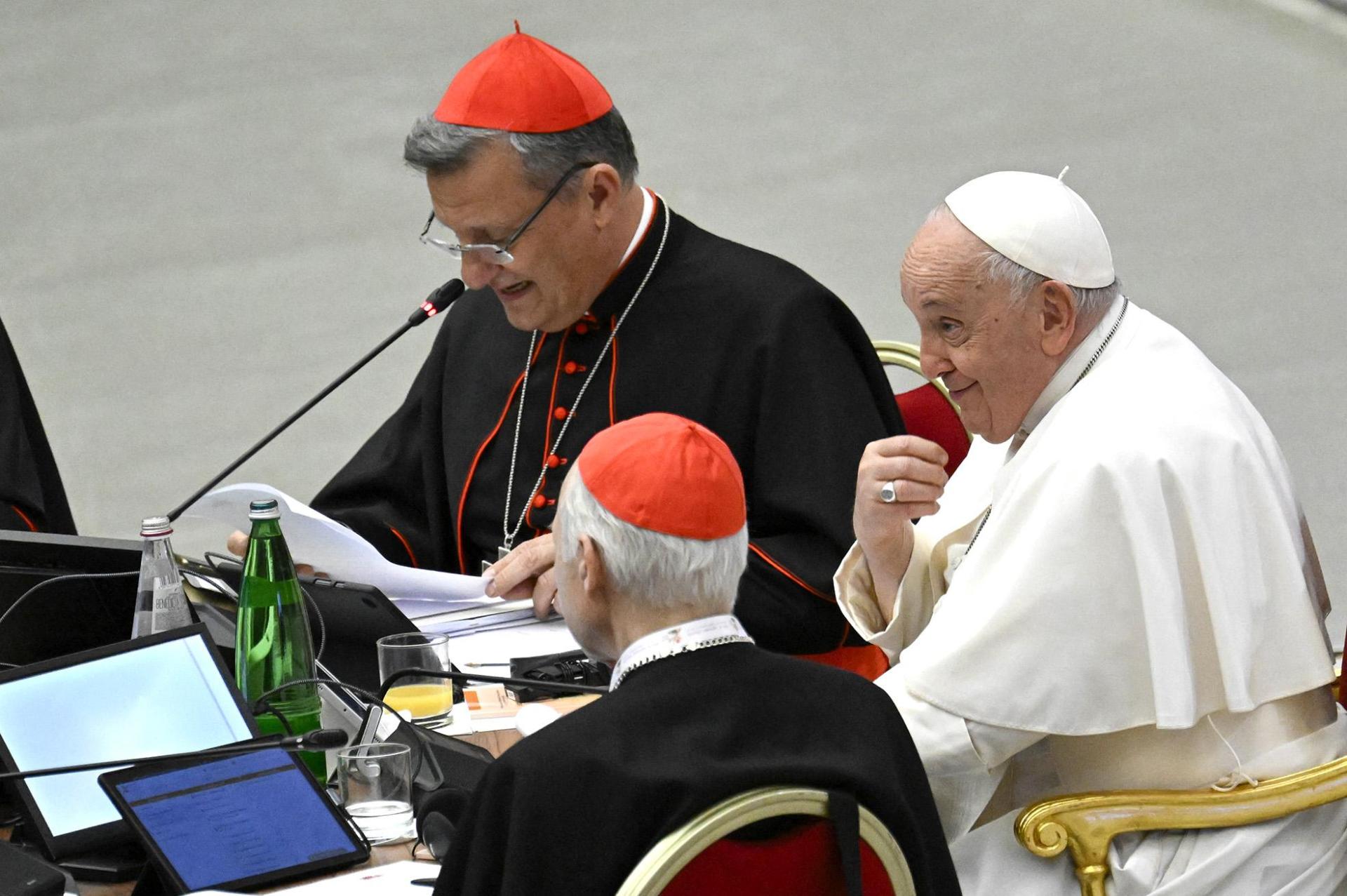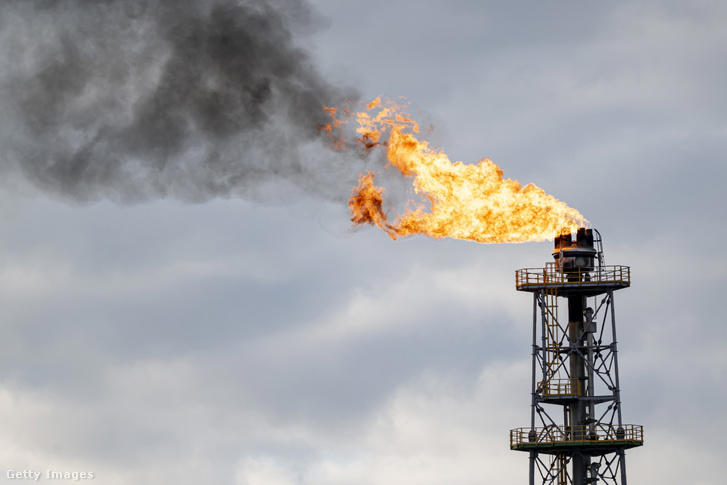
Pope Francis passed away on 21 April after 12 years occupying the top post in the Catholic Church.
His passing kick started a unique process which will see the next pope be elected – and among a number of so-called papabili being mentioned by some sectors of the international media is the name of Mario Grech, the former Gozo bishop, now a cardinal and part of the conclave which will select the new pontiff.
But does Grech stand a chance of becoming the next pope? How will the election work? Who are the contenders? And are the contenders always the ones who end up becoming the pontiff?
The conclave
The papal conclave is a gathering of cardinals which is convened in order to elect a new pope after a pontiff has died or resigned.
Held inside the Sistine Chapel in Rome, there are some rules that govern how a new pope is elected.
There are 252 members of the College of Cardinals, but only cardinals who had not turned 80 by the day that the papacy became vacant are eligible to vote. This means that there are 135 cardinals eligible to vote – a number which drops further to 133, as two eligible cardinals will not be in attendance on health grounds.
To be elected pope, a candidate requires a two-thirds supermajority of all participating electors – in this case, 89 votes.
There is a veneer of secrecy around the process itself, although the Oscar-winning film Conclave which was released a few months ago gave the masses a window – albeit fictional – into what might go on inside this unique electoral process.
The election is done via secret ballot: once the ballots are counted, the sheets are burned and the expectant public is advised of the result via what’s called a fumata – a smoke signal from a chimney temporarily installed on the Sistine Chapel: black means that the ballot did not result in an election, white means that a new pope has been chosen – habemus papam, as it will be announced.
The politics
As people may have gathered from the film Conclave, the Church is far from immune from the throes of politics and ideology.
Pope Francis was considered a progressive within the context of his peers. A straight-talking man who referred to himself first and foremost as “a sinner” and who took on traditionalists and the right wing, he opened the doors of welcome to the LGBTIQ community, placed new emphasis on climate change, and spoke out against draconian responses to migration.
Yet not all agreed with his stances: the more conservative wings of the church found themselves at odds with some of his beliefs, while some progressives at times felt disappointed that Pope Francis did not go far enough with his reforms and stances.
What is certain is that after his 12-year tenure as Pope, Francis’ influence on the College of Cardinals is clear: out of the 135 who are eligible to elect his successor, 108 were created cardinals by Francis himself.
Does that mean that they all follow his line, though? Not necessarily.
There is also a matter of geography when it comes to considering the conclave. Traditionally, the College of Cardinals has been dominated by Europeans, with a special presence for Italians.
In the 2005 conclave, which elected Pope Benedict XVI, 58 out of the 115 Cardinal electors hailed from Europe, with 20 of those hailing from Italy alone. 22 were from North America, 12 from South America, 11 from Africa, 10 from Asia, and two from Oceania.
By the 2013 conclave, which elected Pope Francis, the European dominance had slightly increased as this time 60 out of the 115 cardinal electors hailed from Europe, with 28 of them being from Italy. There had been 20 from North America, 13 from South America, 11 from Africa, 10 from Asia, and 1 from Oceania.
But the distribution is different come 2025, as Pope Francis put a much more international spin on the College of Cardinals.
Out of the 135 cardinals eligible for vote in this conclave, only 53 are from Europe – less than 40% – with just 17 of those being from Italy. On the flipside, there are 23 from Asia, 20 from North America, 18 from Africa, 17 from South America, and 4 from Oceania.
Could this have an impact in perhaps electing another non-European pope?
The geography of the papacy
There have been 266 popes in historical times – Pope Francis’ successor will be the 267th – and never has there been a pope from a country as small as Malta.
Incidentally, there are plenty of areas around the world which have never had a pope at all.
For instance, there has never been a pope from Asia – Pope John IV, who was pontiff between 701 and 705 and who hailed Anatolia in Turkey, and three popes – Pope Peter (this being the apostle St Peter himself), Pope Evaristus (c.99 to c.108), and Pope Theodore I (642 to 649) – who hailed from the Holy Land are the closest there has been to an Asian pope.
There also hasn’t been a pope from Africa since Pope Gelasius I, who was pontiff between 492 and 496 and who was from Africa Proconsularis – a Roman province along the north coast of Africa, which is today part of modern day Tunisia.
There has never been a pope from the United States of America – or North America in general. Pope Francis, meanwhile, was the first ever pope from South America, as he hails from Argentina.
So while countries of tens of millions and continents of hundreds of millions have never had a pope – could this be the moment that Malta, a country of half a million, has a pontiff?
This combination of photos shows, top row from left, Cardinal Peter Erdo, Cardinal Reinhard Marx, Cardinal Marc Ouellet, middle row from left, Cardinal Pietro Parolin, Cardinal Robert Prevost, Cardinal Robert Sarah, and bottom row from left, Cardinal Christoph Schoenborn, Cardinal Luis Tagle and Cardinal Matteo Zuppi. (AP Photo)
The contenders
Contenders for the position of Pope are normally referred to as a papabili – the plural for the Italian word papabile – which translates pretty much into “pope-able.”
Several names – including Grech’s – have been mentioned as possible papabili in the run-up to this conclave – what’s certain is that insiders seem to agree that the election has the potential to be an unpredictable one.
Two of the names at the top of the list are Pietro Parolin, a 70-year-old Italian cardinal who has been the Vatican’s Secretary of State, and Luis Antonio Tagle, a 67-year-old cardinal who hails from the Philippines.
Parolin may seem, at least on paper, to be a likely candidate should the conclave wish to continue along the path that Pope Francis drew: as Vatican Secretary of State, he was effectively Francis’ deputy, and he is considered to have navigated the diplomatic world with aplomb – something which in today’s testing times may be seen as a positive in his favour.
Yet this isn’t to say that he is as progressive as others: back in 2015, for example, he called a 2015 vote in favour of legalising same-sex marriage in Ireland a “defeat for humanity” – conflicting with Pope Francis, whose “Who am I to judge?” speech in 2013 became a watershed moment for the LGBTIQ+ community and who allowed the blessing of same-sex couples.
Purely from a nationality standpoint – Italy has had 217 popes, but has now also not had a Pope since John Paul I in 1978. Perhaps some might feel that the time has come for the papacy to return to an Italian.
Tagle meanwhile has been dubbed as something of an ‘Asian Francis’ due to his dedication and emphasis on the poor and social issues.
He is considered a moderate: he opposes abortion, but has called for the church to reassess its “severe” stance towards gay people, divorcees, and single mothers in the past.
It is a possibility that the next pope comes from Africa – where Christianity continues to grow by the millions. Cardinals Peter Turkson from Ghana, Fridolin Ambongo Besungu from the Democratic Republic of Congo, and Robert Sarah from Guinea all feature on the list of possible contenders.
Turkson, who was made a cardinal by Pope John Paul II in 2003, in particular was already considered a front-runner for the papacy in 2013 – so much so that bookmakers had him down as a favourite at the time.
He is considered to lean conservative, but he has also opposed the criminalisation of gay relationships which remains prevalent across the African continent.
Sarah meanwhile may appeal more to conservatives: he is considered to have opposed most of Pope Francis’ more reformist tendencies, and he has denounced “gender ideology” as a threat to society.
If any of them were to be elected, they would be the first ever black Pope.
Other Europeans are also in the conversation: Hungarian Cardinal Peter Erdo, who has been a cardinal for 21 years, is considered as a conservative and has spoken out against the Church taking in migrants; Italian Cardinal Matteo Zuppi meanwhile is considered as someone who can continue Pope Francis’ legacy; German Cardinal Reinhard Marx’s name has also been mentioned, as has – as we well know – Grech’s.
And what of North America? Canadian Cardinal Marc Oullet was a front-runner in both the 2005 conclave which saw Joseph Ratzinger elected as Pope Benedict XVI, and the 2013 conclave which saw Bergoglio be elected as Pope Francis. He’s 80 now, which means that he cannot participate in the voting – but he can still be elected as pope.
Chicago-born Cardinal Robert Prevost, aged 69, is seen as another potential option, but some insiders have opined that cardinals may be less inclined towards supporting an American in the current international climate.
Where does Mario Grech factor in?
On 28 November 2020, Pope Francis appointed Mario Grech as a cardinal. The then 63-year-old former Gozo bishop became only the third Maltese person in history to hold the position after Fabrizio Sceberras Testaferrata between 1818 and 1843 and Prospero Grech between 2012 and 2019.
Born in Qala in 1957 and the eldest of five siblings, Grech studied philosophy and theology at the Gozo seminary before being ordained a priest in 1984.
In 2005 he was appointed Bishop of Gozo, a post he held until 2019 when he was named by Pope Francis as the Pro-Secretary General of the Synod of Bishops, before becoming Secretary General in September 2020.
It’s a position which has given him a unique edge: throughout the course of his work, plenty of cardinals will have had to interact with his office. Pope Francis placed special emphasis on the Synod as he sought to reform the Church’s structures and make them more inclusive and participatory.
Ideologically initially considered something of a traditionalist, Grech expressed his opposition to divorce, IVF and the morning-after-pill during debates on such in Malta, but has also called on the Church to embrace gay and divorced couples.
In an article which listed Grech among the potential papabili, The Guardian said that Grech’s supporters “argue that his changing opinions show his capacity for growth and change.”
More recently, Grech has also advocated for the involvement of more women in Church life and for the ordaining of female deacons, saying in his first interview after being made a cardinal that “there is a movement toward which the Church can acquire a greater feminine face that would also reflect Mary’s face.”
His more recent progressive leanings have not been without backlash: in 2022, Cardinal Gerhard Müller – who, at 77 years old, will be among those electing the new pope – said that Grech was leading a process intended to “undermine the Catholic faith and the Catholic church” through the Synod, which he also described as a “hostile takeover” of the Church.
Insiders have been divided on whether Grech stands a change of being the next pontiff. Some have placed him in the top five possible names, others have barely considered him.
Does being a front-runner actually matter?
All talk thus far is nothing more than educated speculation. Insiders at the Vatican will have been mooting and considering the various possibilities, but at the end of the day not all predictions may turn out to be true.
After the death of John Paul II, Joseph Ratzinger was the bookmakers’ favourites to become the next pontiff – and that he did, but when Ratzinger stepped down in 2013, there was no clear consensus or understanding on who may follow him.
Bergoglio – who was the runner-up to Ratzinger in 2005 – had been named as a potential, but unlikely successor. Yet he upset the odds and was elected to become Pope Francis.
The election of Angelo Roncalli as Pope John XXIII in 1958, and the elections of Albino Luciani as Pope John Paul I and Karol Wojtyła as Pope John Paul II – both in 1978 – were equally unexpected.
There’s an old Italian saying that stresses the uncertainty of a conclave: “He who enters a conclave as a pope, leaves it as a cardinal” – and while the speculation will be rife, maybe it’s good to keep in mind that not every prediction may come through.












